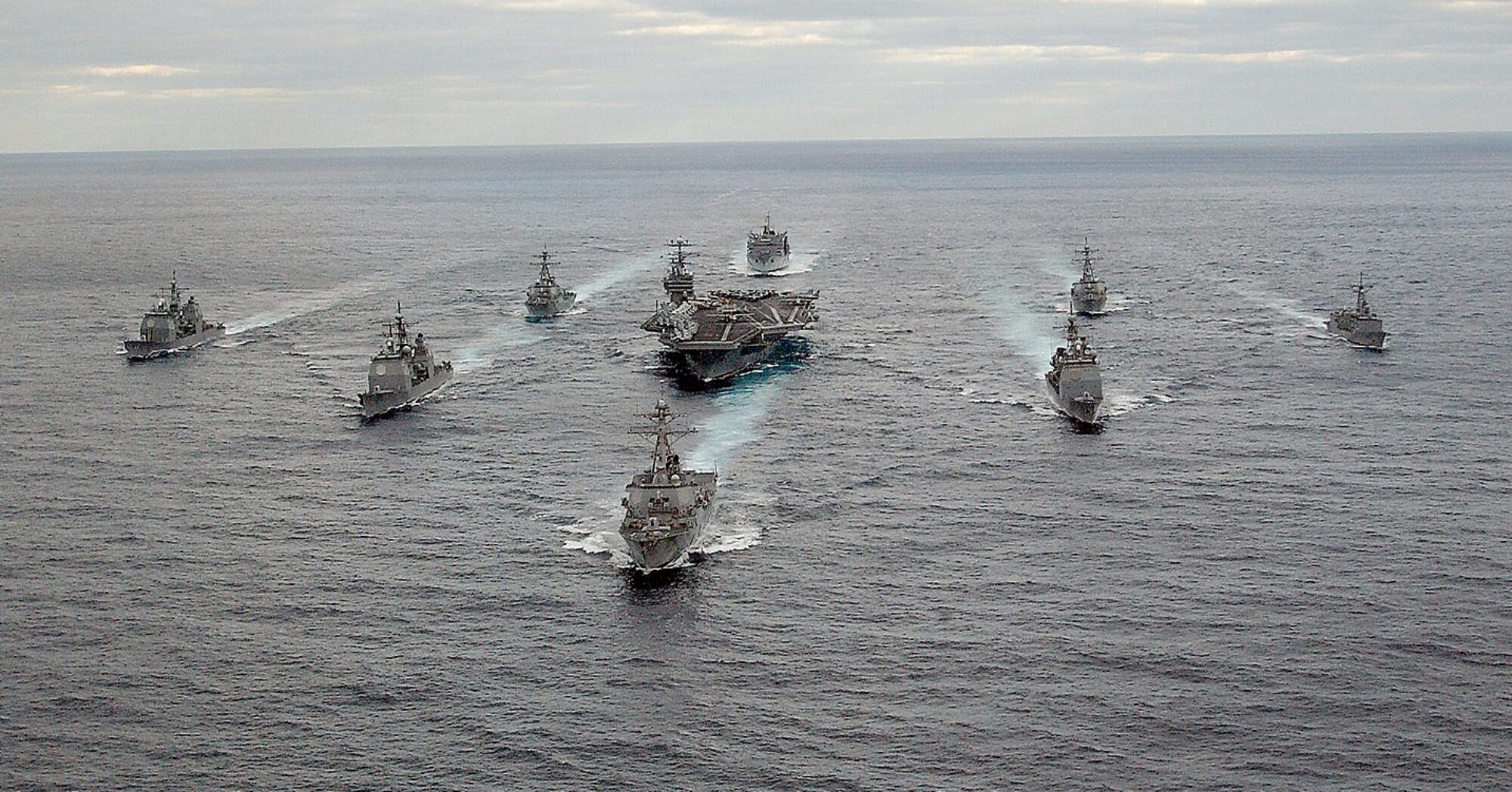
U.S. NAVY
Introduction:
To the esteemed members and subscribers of Americans for a Stronger Navy,
In our continued endeavor to promote an educated dialogue surrounding the strength and direction of our nation’s naval forces, we bring forward an opinion piece recently penned by Craig Hooper for Forbes.
The piece titled “U.S. Navy Turns Away From Small Warships Despite Growing Demand, Tactical Relevance” delves into the Navy’s decision to shift focus away from small combat-oriented ships, despite their apparent global demand and tactical significance.
This is a topic of paramount importance, as the balance between small and large naval vessels has implications for our tactical flexibility, regional engagements, and how we project power and diplomacy on the global stage.
Key Takeaways:
Departure from Small Ships:
Hooper discusses the U.S. Navy’s move away from managing small combatants, such as the Cyclone class coastal patrol ships. This responsibility has now been transferred to the U.S. Coast Guard, which is grappling with its own challenges.
Global Interest in Small Vessels:
There seems to be a discrepancy between the U.S. Navy’s stance and the rest of the world. Many allies have shown keen interest in the U.S. Navy’s Cyclone class ships. This interest juxtaposes the Navy’s lack of enthusiasm to invest in small craft.
Unprecedented Elimination:
The wholesale removal of small combat-oriented ships from the U.S. Navy is a historical shift. Currently, the Naval Vessel Register lists only ten battle force ships under 2400-tons.
Differing Perspectives:
While the U.S. Navy finds smaller vessels vulnerable against adversaries like China, other nations seem to be taking a different stance. The South China Sea, for instance, has seen small ship engagements, with countries like the Philippines commissioning former U.S. Navy’s Cyclone class ships.
The Robot Replacements:
There’s a hint of an inclination to look towards maritime robots. While valuable, Hooper believes that they can’t yet replace the human-led missions of crewed small ships.
The Coast Guard’s Role:
With the Navy shifting its focus, the Coast Guard has been compelled to pick up the slack, despite its distinct and diverse mission set.
Conclusion:
We are grateful to Dr. Craig Hooper for shedding light on this evolving aspect of our naval strategy. While his perspective provides valuable insights, it’s crucial to remember the foundational principle of the Americans for a Stronger Navy: the belief in a robust, versatile, and adequately equipped naval force.
Both small and large vessels have their unique tactical and strategic advantages. As we advocate for a stronger Navy, it’s essential to understand the role of every ship, large or small, in ensuring America’s maritime supremacy.
Thank you for your continued support and commitment. Let’s foster an informed conversation, ensuring the best future for our Navy.

